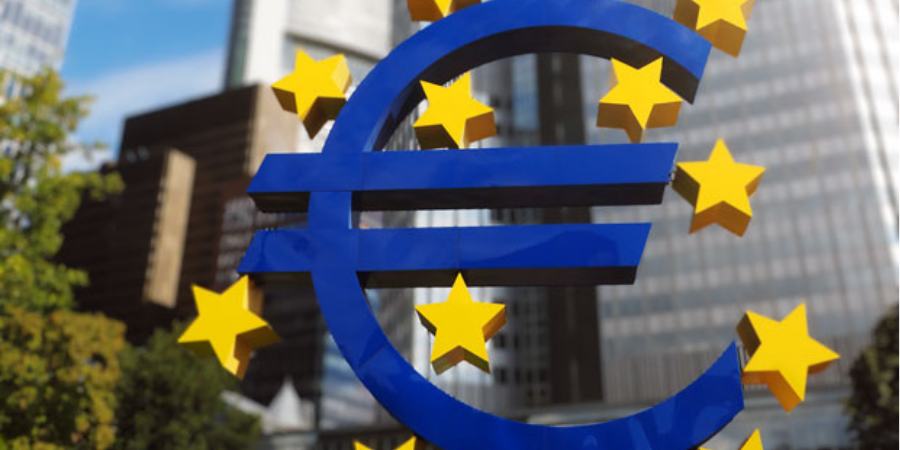India–US Trade Tensions Rise Over Steel and Auto Tariffs NMDC Limited reports a 38% drop in Q4 FY24 consolidated net profit RINL to Raise $23 Million Through Land Sales Amid Crisis

The European Union (EU) is facing a challenging economic outlook for 2024, with growth expectations plummeting to a modest 10%. This downward revision reflects the persistent pressure of inflation on the region's economy. Despite efforts to stimulate growth and stabilise prices, such as the European Central Bank's monetary policies, the EU continues to grapple with sluggish economic performance.
Inflation remains a key concern, exerting significant pressure on the economy. Rising prices for goods and services have eroded purchasing power, impacting consumers and businesses alike. This inflationary trend has been fueled by various factors, including supply chain disruptions, rising energy costs, and geopolitical tensions.
The subdued growth outlook and persistent inflationary pressures have implications for businesses and policymakers across the EU. Businesses may face challenges in terms of demand for their products and services, as consumers grapple with higher prices and uncertain economic conditions. Policymakers, on the other hand, may need to reassess their strategies to support economic growth while managing inflationary pressures.
The EU's economy is facing a challenging period, with growth expectations for 2024 falling to 10% and inflation remaining a persistent concern. Addressing these challenges will require concerted efforts from policymakers, businesses, and other stakeholders to ensure a sustainable and resilient economic recovery.
Also Read : Shell foresees surge in value of German biomethane market Europe, Africa oil markets tighten as lending boosts futures